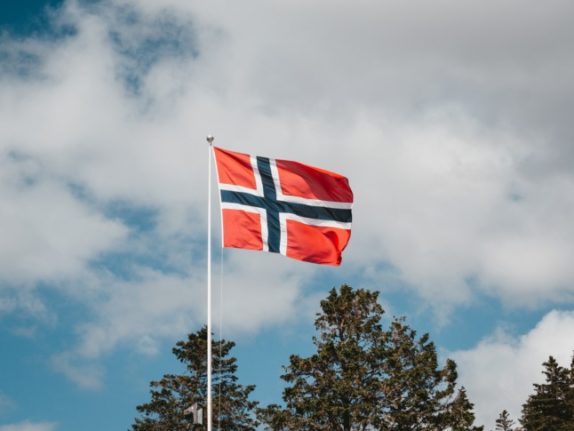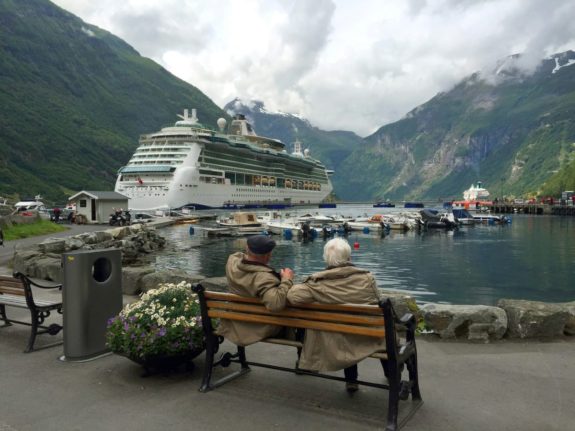The United Kingdom leaving the EU has ended free movement for Brits across the European Economic Area or EEA (EU countries plus Iceland, Liechtenstein, and Norway).
This has made it significantly harder for Brits to relocate and move to Norway, and they’ll need some form of residence permit to live in Norway.
Brits who were legal residents of the country before Brexit will also need to apply for a residence permit to continue living, working and studying in Norway as they did before the UK left the bloc. You can read more on that here.
To move to Norway, you will need a residence permit. For newcomers, this will be a temporary residence permit. There are several ways to obtain a temporary residence permit in Norway which will be valid for between one to three years. After five years in Norway, you can apply for permanent residence.
Work immigration
To be granted a residence permit for work, you’ll most likely need to have been offered a job first, and the type of permit you apply for will depend on your line of work.
You can qualify as a skilled worker if you have completed higher education or vocational training. A skilled worker must also have shown they have work experience in their specific field before applying for the skilled worker permit.
If you have received a skilled worker permit but have yet to receive a residence permit, you can apply for an entry visa to come and live in Norway until your residence permit has been completed.
READ MORE: How to get a work permit in Norway
Note that your job offer/contract must be for a full-time position for this type of permit. If it is for 80 percent of full-time hours, then it will be accepted. But anything less, and your application will be denied. If you are lucky, your employer will help with the application process.
You can also apply for a job seeker visa. You will need to be looking for employment as a skilled worker and must have at least 22,167 kroner per month, or a total of 132,999 kroner for six months available in funding. This must be one’s own funding and be in a Norwegian bank account.
On the subject of money, an application fee will be involved. This is 6,300 kroner in most cases.
You can also travel to Norway as a seasonal worker. However, this is less straightforward and harder to secure than a skilled worker visa. You can read more about that here.
More detail on the types of skilled workers allowed to come to Norway can meanwhile be found here.
Family Immigration
Spouses, cohabitants, fiancées, children, parents and other family members of Norway residents may be eligible to apply for family immigration. In most cases, you will need to pay a first-time application fee of 10,500 kroner. You can read more on the fees here.
The reference person (the person living in Norway you plan on moving for) will need to have a certain level of income. This is 273,648 kroner per year. You can read more on the income requirements here.
Everyone who applies for family immigration must also document their identity.
Spouses will need to have plans to live in Norway, the marriage be valid, and the marriage must not be forced or a union of convenience. In addition, applicants must be at least 24 years old.
For cohabitants, you will need to be 18, lived together for at least two years, and not married to anyone else or be expecting or having a child together. You can read about the specifics here.
Those applying to be with their partner or spouse are also required to provide evidence of the relationship’s legitimacy.
Parents who have responsibility or continued shared custody of a child in Norway can also apply for family immigration.
In many cases, those applying under the “other family” bracket will only have their applications approved when strong humanitarian reasons are considered. However, the Norwegian Directorate of Immigration (UDI) doesn’t take any particular requirements or guidelines into account.
You can check out the most common reasons for family immigration permits being rejected here on the Immigration Appeals Board’s (UNE) website.
You can read in more detail about family immigration and check to see what applies to your specific situation here.
Residence card for family members of EU/EEA nationals
Those from outside the EU/EEA, including Britons following Brexit, can apply for a residence card if the family member they want to stay with is an EU/EEA national.
This comes with several pros and cons compared to the family immigration route, not least not having to pay an application fee. Neither are there income requirements for the reference person. The case processing time is also reported to be shorter.
On the flip side, it will take longer to be able to apply for permanent residence compared with family immigration (five years instead of three).
You can compare the differences in more detail here.
Study permit
If you want to study in Norway, you can also be granted residence. You’ll need to have been accepted into a Norwegian educational institution and have enough funds to sustain yourself. The money can consist of student loans grants and your own funds. The UDI will also include any income from a part-time job.
In addition, you must have somewhere to live. You can read more on study permits here.



 Please whitelist us to continue reading.
Please whitelist us to continue reading.
Member comments